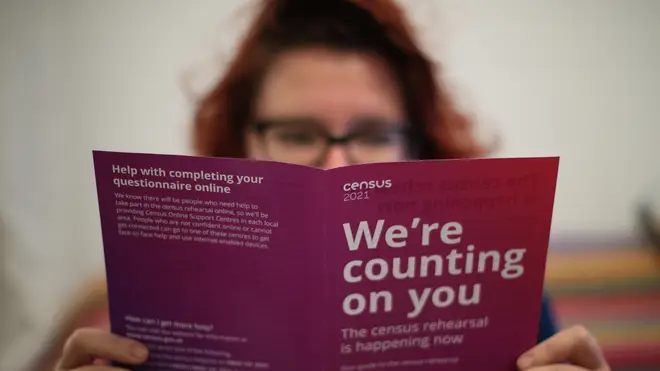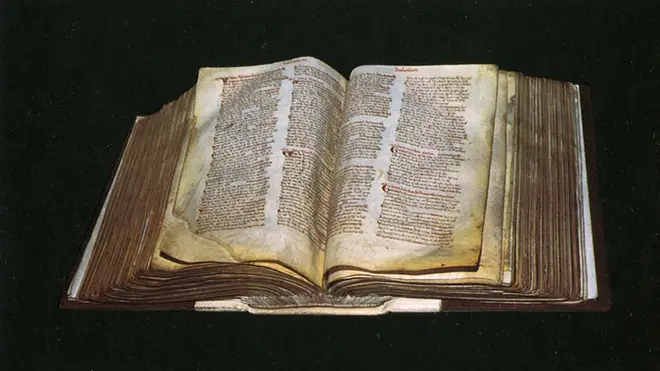
Ben Kentish 10pm - 1am
12 February 2020, 17:19

The national census could be coming to an end because it is so expensive to hold and there could be better ways of obtaining the information, the UK's national statistician has revealed.
Professor Sir Ian Diamond is to recommend that the 2021 census be the last one ever carried out.
The census, which has been carried out every 10 years for almost two centuries, provides valuable population information to help councils and governments plan services.
Sir Ian said the cost of next year's census would be close to £1 billion - almost double the price tag for the one in 2011 - even though most people will be expected to fill in their forms online.
Speaking to The Guardian, he said he wants to explore whether he could collect the data recorded in the census from a range of other sources.
These could include GP registrations, council tax records and driving licences, which could also be supplemented by information gathered by surveys.
Sir Ian, who took up the role in October last year, said: "I will only make a recommendation to change the way we do things if we can replicate the richness of the census data.
"It would have to be equally rich but more timely, cheaper and more effective.

"We will only change if we can do something better.
"We are looking at the things we only get from the census and whether it is possible to get them from other sources."
Demographers consider the census to be the "gold standard" of population records, since it provides a once-a-decade snapshot of age, class, gender, housing tenure and educational attainment.
Sir Ian said he would look at the evidence and give an opinion by 2023, but it would be for the Government to decide whether the 2031 census should go ahead.
The census has its roots in the Domesday Book in 1086, but it was not until 1801 that an official census was conducted when the population of the UK reached nine million.
Statisticians consider the 1841 census, when the head of the household was required to fill in the form on behalf of his inhabitants, to be the first modern census.